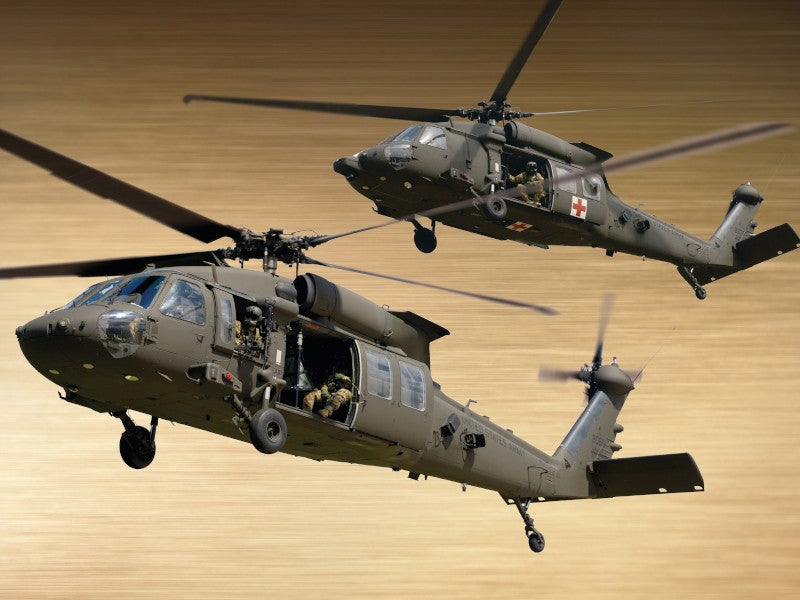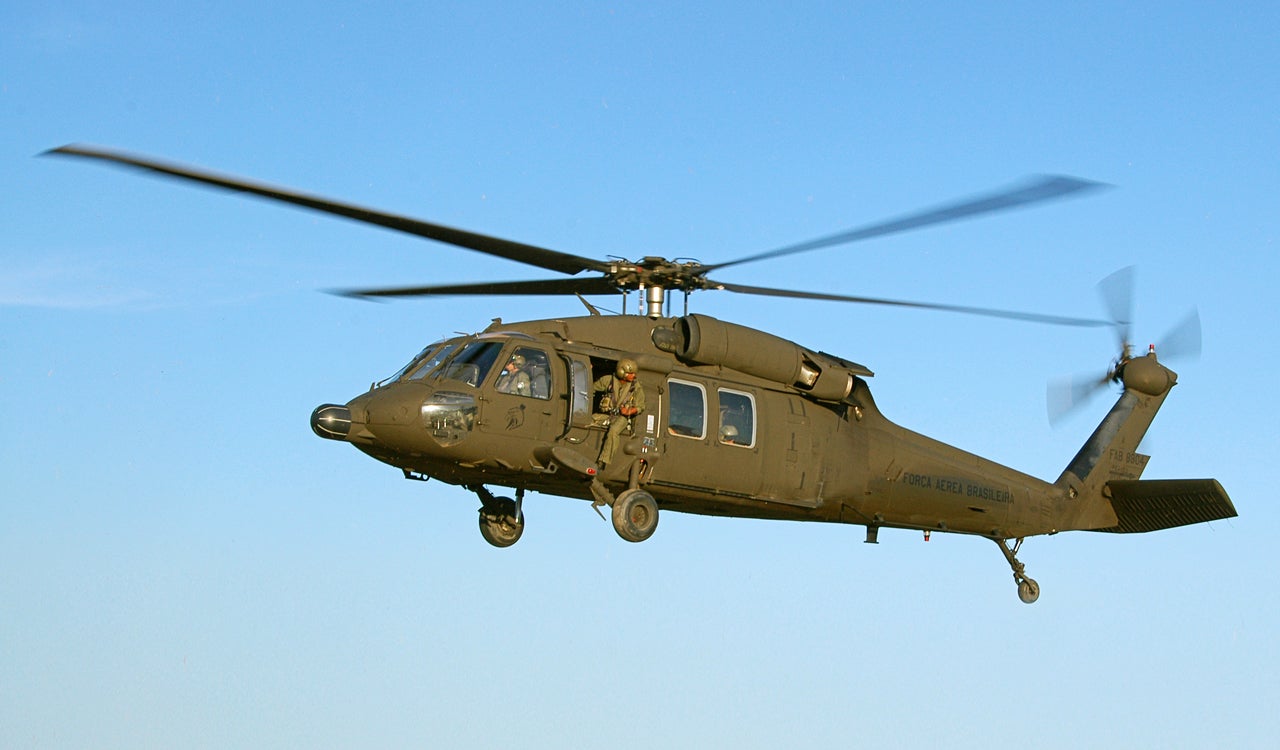UH 60 Helicopter: Advanced Avionics and Battle Solutions
UH 60 Helicopter: Advanced Avionics and Battle Solutions
Blog Article
The Effect of Lasting Practices on the Future of Aircraft Procedures and Emissions Decrease
As the aviation industry faces raising analysis over its ecological effect, the fostering of sustainable methods emerges as a vital pathway toward future aircraft operations and discharges reduction. Advancements in sustainable aeronautics gas and developments in crossbreed propulsion modern technologies stand at the center of this change, appealing significant decreases in greenhouse gas exhausts. Nevertheless, the effective combination of these campaigns hinges on a selection of aspects, including regulative structures and market partnership. The inquiry remains: exactly how will these developing methods reshape the dynamics of air traveling and add to an extra lasting future?

Overview of Lasting Practices
Lasting techniques in airplane operations encompass a variety of methods focused on decreasing ecological influence while maintaining operational performance. These techniques are crucial in the aviation industry's commitment to lessening its carbon footprint and sticking to international environmental standards. Key campaigns include optimizing trip courses to minimize gas usage, enhancing upkeep procedures to ensure aircraft operate at peak efficiency, and applying innovative technologies such as winglets and lightweight products that improve the rules of aerodynamics.

Training and involving personnel on sustainability techniques additionally play an important function, cultivating a culture of environmental responsibility within companies. In general, the assimilation of these sustainable techniques not just assists decrease discharges however also enhances the long-term practicality of the aeronautics market, ensuring it meets the needs of both clients and regulatory bodies while adding to worldwide sustainability goals.
Cutting-edge Fuel Alternatives
Numerous innovative gas choices are becoming pivotal services to lower the aeronautics sector's reliance on standard fossil fuels. Among these alternatives, Sustainable Air travel Gas (SAFs) have actually obtained significant interest due to their potential to lower lifecycle greenhouse gas emissions by approximately 80% contrasted to standard jet gas. SAFs are stemmed from numerous feedstocks, including waste oils, farming deposits, and also algae, making them a functional choice for the industry.
Another encouraging choice is hydrogen fuel, which, when used in fuel cells, generates only water vapor as a result. Additionally, electric propulsion systems are being checked out, leveraging battery modern technology to power aircraft.
Lastly, biofuels derived from biomass are being checked out, offering an eco-friendly choice that can be blended with typical gas. Collectively, these innovative gas alternatives stand for a vital step towards attaining a lasting air travel environment, straightening with worldwide exhausts decrease targets and improving the sector's ecological stewardship.
Technical Innovations in Aeronautics

Just how can technical developments reshape the future of air travel? Innovations such as electrical and hybrid propulsion systems are at the forefront, encouraging significant decreases in fuel usage and greenhouse gas emissions.
In addition, the implementation of innovative products, such as lightweight compounds, adds to enhanced aerodynamics and gas performance. Using expert system and artificial intelligence in trip operations enhances path preparation and decreases fuel burn by making it possible for real-time adjustments based upon weather and traffic problems. Additionally, the growth of self-governing and from another location piloted airplane systems stands to reinvent cargo and passenger transport, possibly raising efficiency while minimizing human mistake.
Additionally, lasting aeronautics modern technologies, including advanced air web traffic management systems, can simplify procedures and lower congestion, resulting in lower discharges throughout flight. These innovations collectively represent a paradigm change in air travel, guaranteeing a future where sustainability and functional performance are intertwined, thus sustaining the sector's commitment to decreasing its ecological influence.

Governing Framework and Conformity
Taking into account the growing emphasis on ecological stewardship within the aeronautics field, the regulatory framework controling airplane operations is developing to promote lasting methods. Regulatory bodies, such as the International Civil Aeronautics Organization (ICAO) and numerous nationwide aviation authorities, are introducing stringent standards targeted browse around these guys at decreasing discharges and boosting operational effectiveness.
These laws commonly consist of the adoption of Lasting Air travel Fuel (SAF), which has been identified as a crucial element in accomplishing reduced carbon impacts. Moreover, compliance with these guidelines requires airlines to apply advanced modern technologies and operational methods, such as enhanced trip paths and boosted air web traffic administration, to minimize fuel usage.
Furthermore, the enforcement of discharges trading schemes and carbon offsetting efforts is becoming significantly widespread, compelling airlines to keep track of and report their emissions properly. Non-compliance can lead to significant fines, therefore pressing operators to prioritize sustainability in their organization versions.
Eventually, the progressing regulative landscape not just drives innovation and financial investment in environment-friendly modern technologies yet also fosters a society of responsibility within the aeronautics industry. As these structures remain to create, the focus on lasting techniques will be important to useful link accomplishing the field's long-lasting environmental goals.
Future Fads in Airplane Workflow
As the aviation market adapts to an increasingly rigid regulatory atmosphere, future fads in airplane procedures are readied to focus on cutting-edge remedies that additionally boost sustainability and performance - uh 60. Secret developments will likely include the fostering of sophisticated air web traffic monitoring systems, which use real-time data and expert system to click for source optimize flight courses, minimizing gas usage and exhausts
One more significant fad is the enhanced assimilation of sustainable air travel fuels (SAFs) These options to standard jet gas, originated from eco-friendly resources, can substantially reduce lifecycle greenhouse gas emissions. The sector's commitment to SAFs will likely accelerate as airline companies team up with gas producers to ensure schedule and cost-effectiveness.
In addition, the push in the direction of electrification and crossbreed propulsion systems is obtaining energy. Arising airplane designs will certainly incorporate these technologies, supplying quieter and a lot more efficient operations, particularly for short-haul trips.
Conclusion
The adoption of sustainable aeronautics fuels, paired with innovations in hybrid and electric propulsion systems, is necessary for reducing lifecycle greenhouse gas discharges. Optimizing trip paths and accepting innovative modern technologies add to a quieter and more eco pleasant air travel sector.
Developments in sustainable air travel gas and innovations in hybrid propulsion modern technologies stand at the leading edge of this change, promising substantial decreases in greenhouse gas discharges.Numerous ingenious fuel options are arising as pivotal options to lower the air travel industry's reliance on standard fossil gas - uh 60. Among these alternatives, Lasting Aviation Fuels (SAFs) have acquired significant attention due to their potential to reduce lifecycle greenhouse gas discharges by up to 80% compared to conventional jet gas.An additional substantial trend is the increased combination of sustainable aeronautics fuels (SAFs) The adoption of lasting air travel gas, combined with advancements in electric and hybrid propulsion systems, is important for decreasing lifecycle greenhouse gas emissions
Report this page